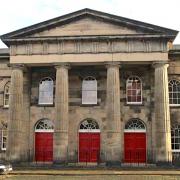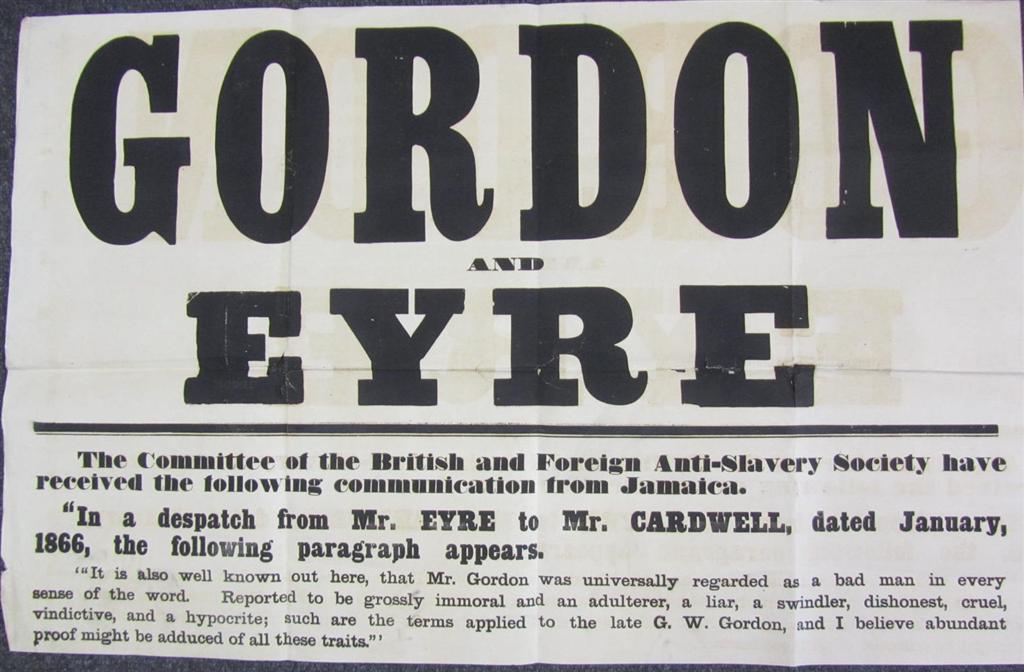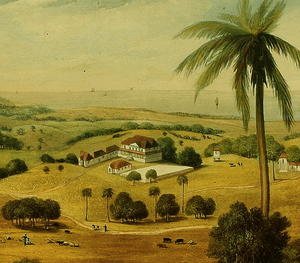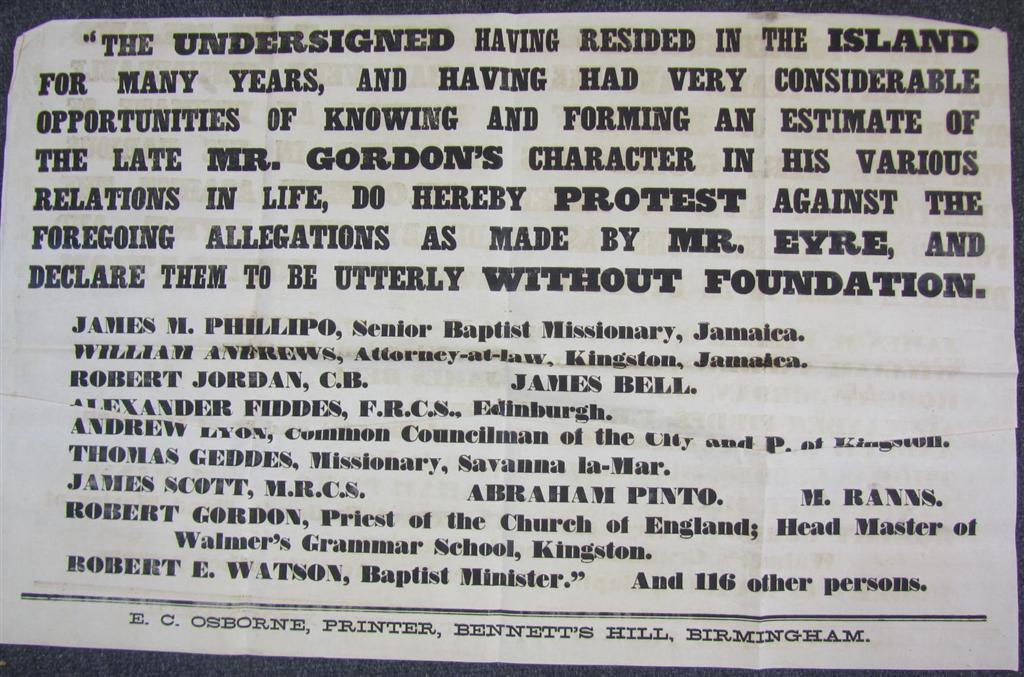
An interesting item for sale at Lyon & Turnbull later this month stands at the junction of three stories published by Spurtle in recent years.
Described as an ‘extremely rare broadside’ printed on two sheets, Lot 19 is a poster dating from the late 1860s and was published in Birmingham by anti-slavery campaigners of the day.
It reads: 'The Committee of the British and Foreign Anti-Slavery Society have received the following communication from Jamaica.
‘In a despatch from Mr. Eyre to Mr. Cardwell, dated January 1866, the following paragraph appears.

‘The undersigned having resided in the Island many years, and having had very considerable opportunities of knowing and forming an estimate of Mr. Gordon's character in his various relations in life, do hereby protest against the foregoing allegations as made by Mr. Eyre and declare them to be utterly without foundation.’
Lyon & Turnbulll helpfully summarise the events in Jamaica which formed the background for this publication, and we quote them in full below:
George William Gordon (born c. 1820) was a 'man of colour' [right], able, prosperous, and an elected member of the Assembly and magistrate. In politics he differed from his middle-class peers with his interest in the affairs of the landless, and in religion he was a Baptist.
The white plantation class, with [Governor] Eyre at their head, had a loathing of the dissenters. Gordon had established his own independent Baptist chapels and pastors around the island, and was a clearly displayed target for Eyre, whose only response to the social and economic challenges that faced the island had been a brutal suppression of the lower orders. In October 1865 matters boiled over at Morant Bay where Paul Bogle, one of Gordon's deacons, led an armed group against magistrates.
Eyre [right] used the unrest as an excuse for widespread repression which cost hundreds of lives. Gordon, who was nowhere near the action, surrendered himself when he knew there was a warrant for his arrest. Eyre handed him over to the Provost Marshal, with the instruction that he be tried for treason and sedition, for which there could be only one possible outcome. Gordon was hanged.
The poster offered here is a remarkable survival of the clamour in England for a Royal Commission to investigate Eyre's administration and actions. Gordon's champion was John Stuart Mill, while Carlyle, Ruskin, Tennyson and Kingsley supported Eyre, prior to the findings of the Royal Commission which commended Eyre for containing the outbreak of violence but condemned him for the excessive severity and cruelty in the aftermath of the 'rebellion', as a result of which Eyre was dismissed from the service.
The poster is of interest to locals since Broughton Place Missionary Society – housed in the very church which now accommodates Lyon & Turnbull – established a mission station in New Broughton, Jamaica in 1835. Here the Revd Andrew Hogg was caught up in the violence of the Morant Bay Rebellion thirty or so years later, and in letters subsequently described the killing of Baron von Ketelhodt, Reverend Herschell and the commander of volunteers.

In Breaking news (15.11.13) Spurtle looked at the long-standing profitable involvement of former Broughton residents in the Jamaican slave trade and its aftermath.
The career of one signatory to the declaration, Alexander Fiddes, FRCS (1817–69) is recalled in an obituary in the Lancet. It recalls that the Edinburgh-educated doctor was: ‘a public spirited and active citizen, as well as a most accomplished physician and surgeon; and it will be remembered, he gave important evidence touching the outbreak of Black Fenianism in Morant Bay’.
The poster – expected to fetch £300–£400 – will appear in Lyon & Turnbull's auction of Rare Books, Manuscripts, Maps and Photographs at 11.00am on 28 January. Viewing begins this Sunday.

[Poster copies, by kind permission of Lyon & Turnbull. All other images Creative Commons, Wikipedia.]